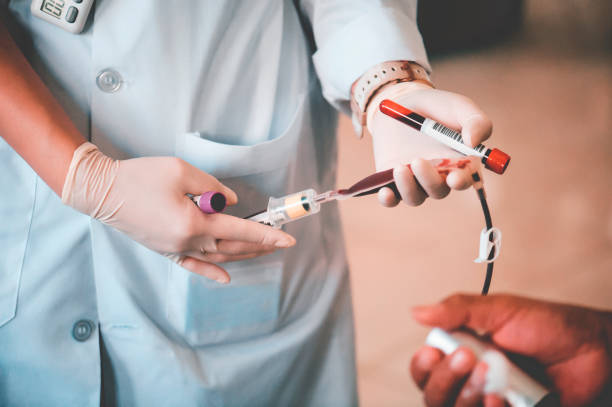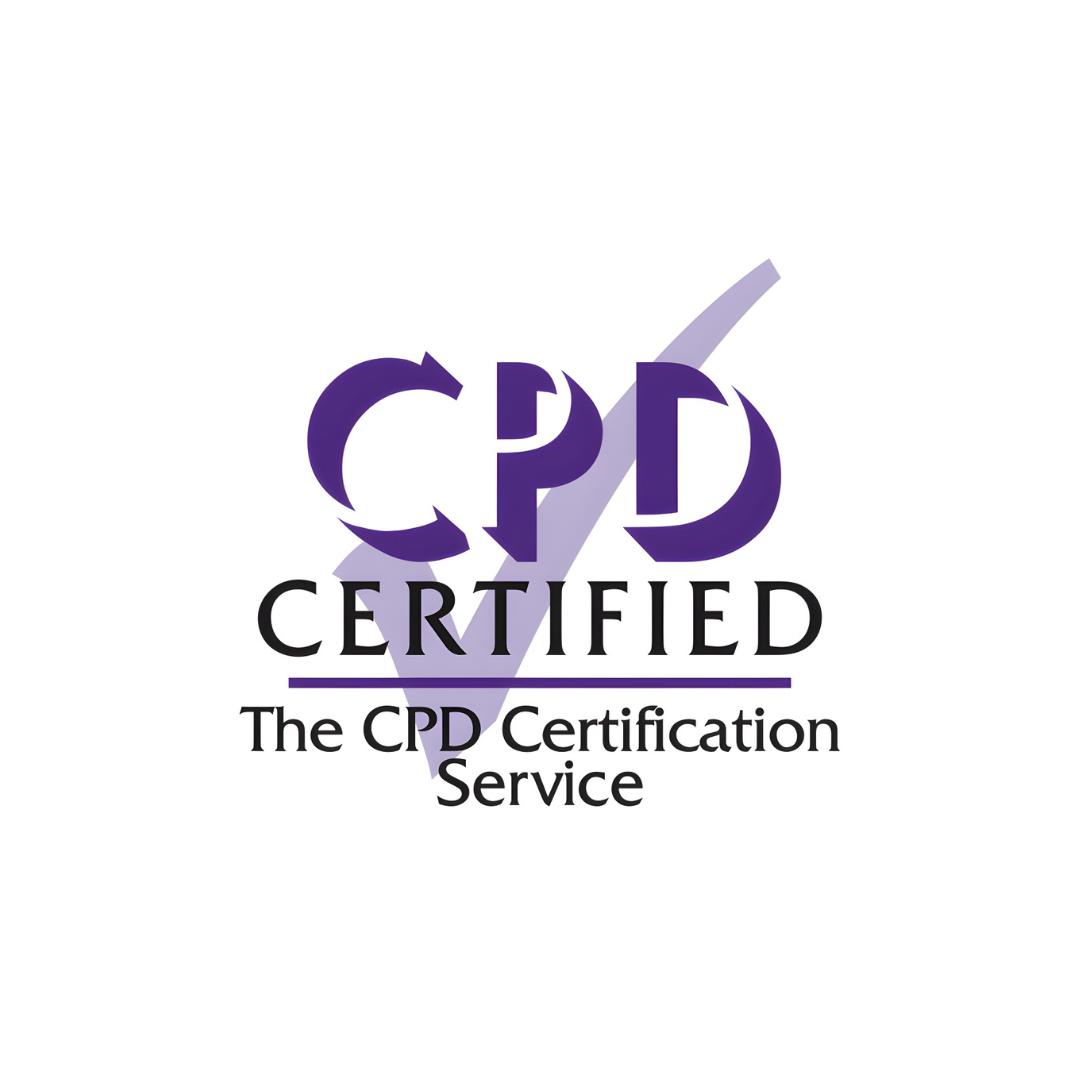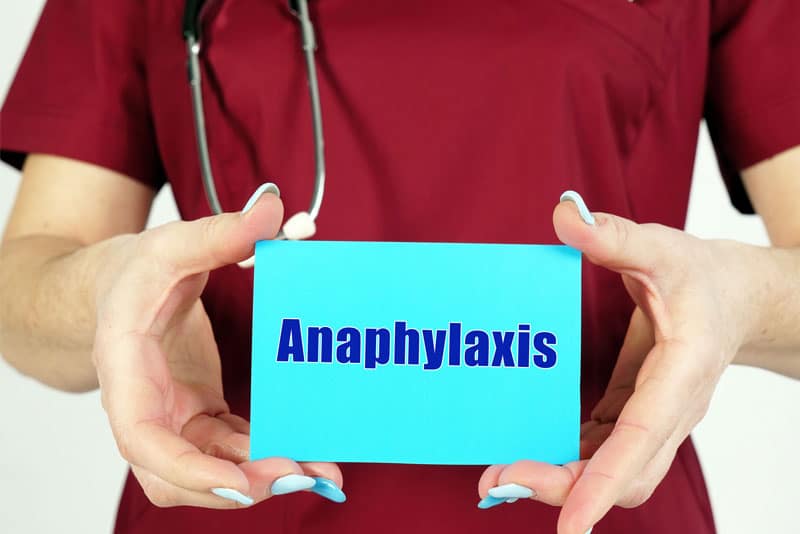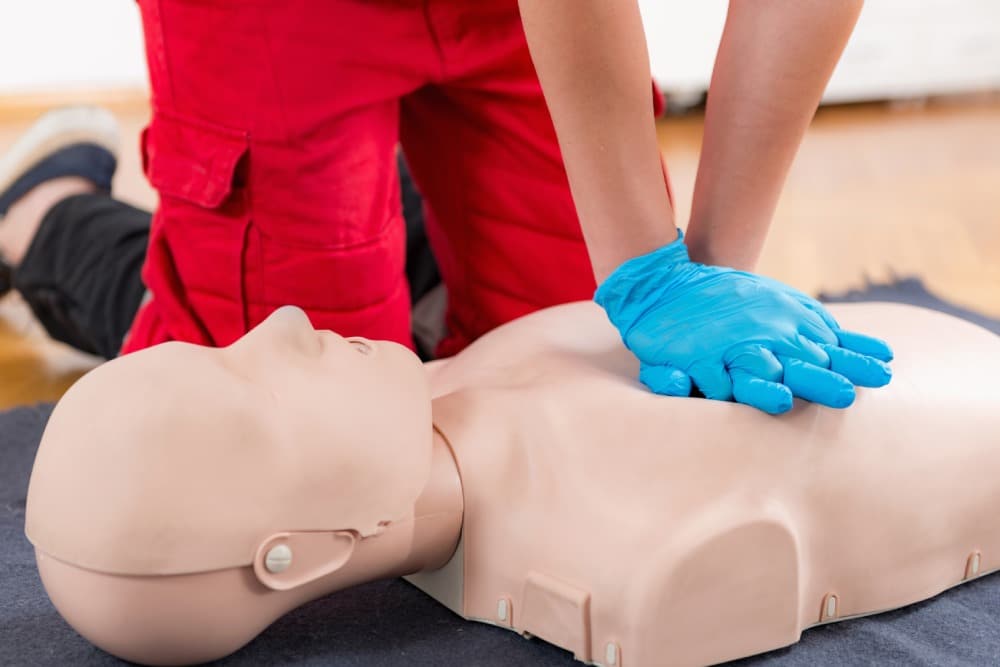This comprehensive training module provides essential knowledge for safe, effective, and evidence-based blood transfusion practice in the UK. It covers transfusion principles, legal and ethical consent, blood component handling, and good manufacturing practices. Learners will gain understanding of transfusion reactions, error prevention strategies, safer laboratory practices, and alternatives such as cell salvage and iron therapy. The course aligns with national governance frameworks including NHSBT, MHRA, NICE, and SHOT, and concludes with an assessment to ensure comprehension and readiness for clinical application.
Blood Transfusion
This comprehensive training module provides essential knowledge for safe, effective, and evidence-based blood transfusion practice in the UK. It covers transfusion principles, legal and ethical consent, blood component handling, and good manufacturing practices. Learners will gain understanding of transfusion reactions, error prevention strategies, safer laboratory practices, and alternatives such as cell salvage and iron therapy. The course aligns with national governance frameworks including NHSBT, MHRA, NICE, and SHOT, and concludes with an assessment to ensure comprehension and readiness for clinical application.

1 Hours

Mobile friendly



